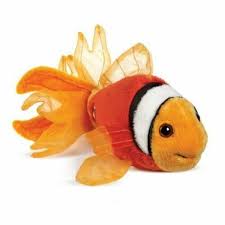
Exploring the Role of Dragons in Chinese Culture Across Dynasties
The dragon, an enduring symbol in Chinese culture, holds a place of immense significance, representing power, prosperity, and the unity of the cosmos. From ancient times to the modern era, dragons have been interwoven into the fabric of Chinese civilization. This article delves into the evolution of the dragon’s role across different dynasties, exploring its…














